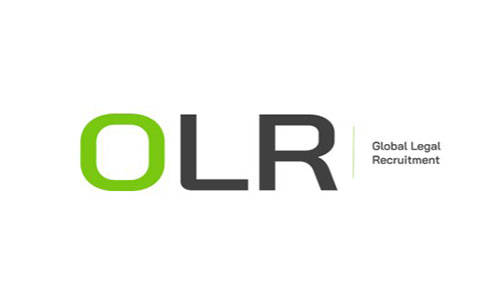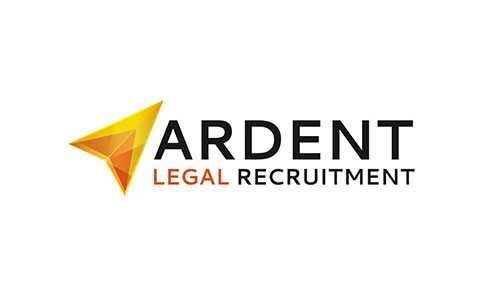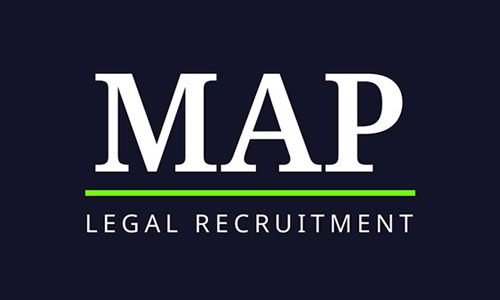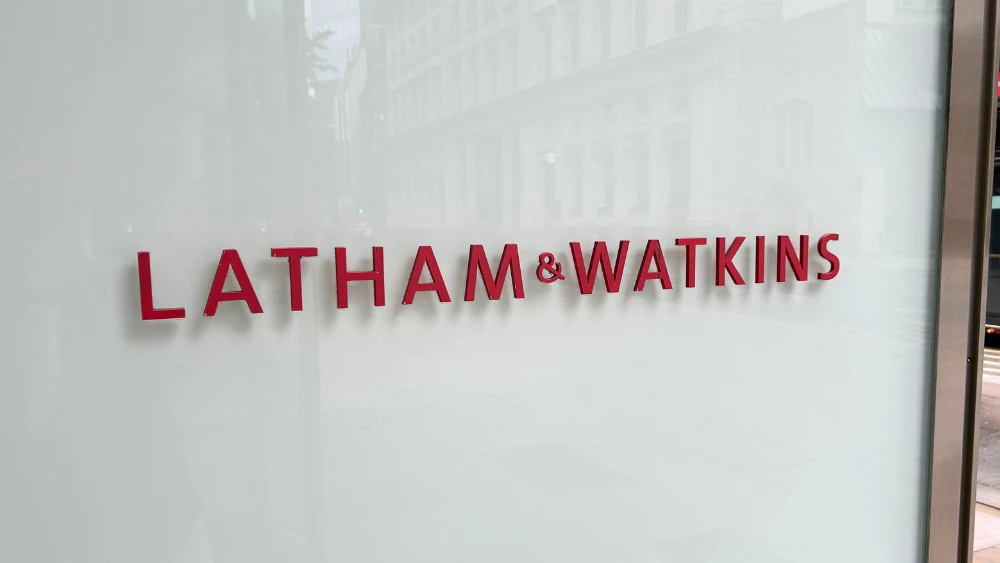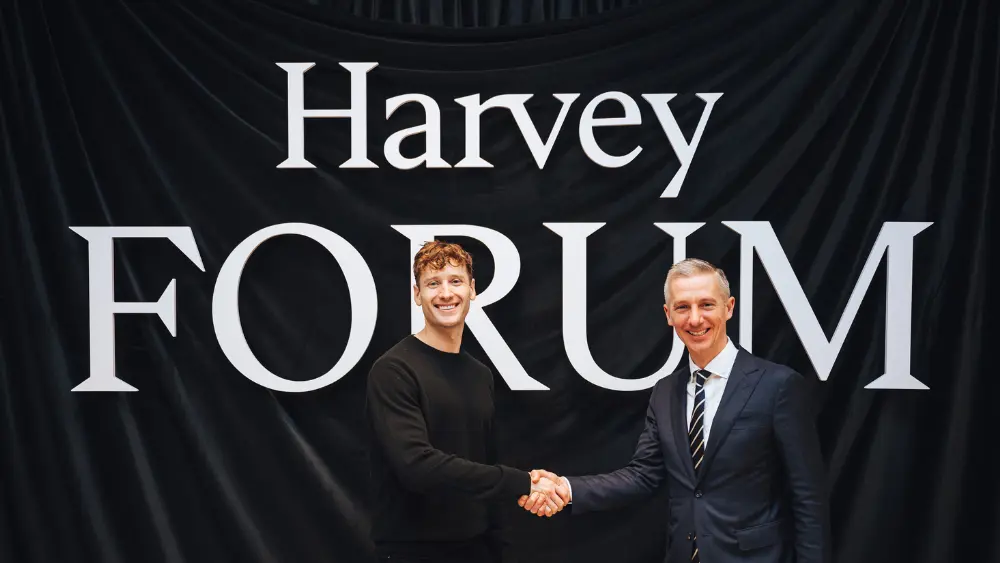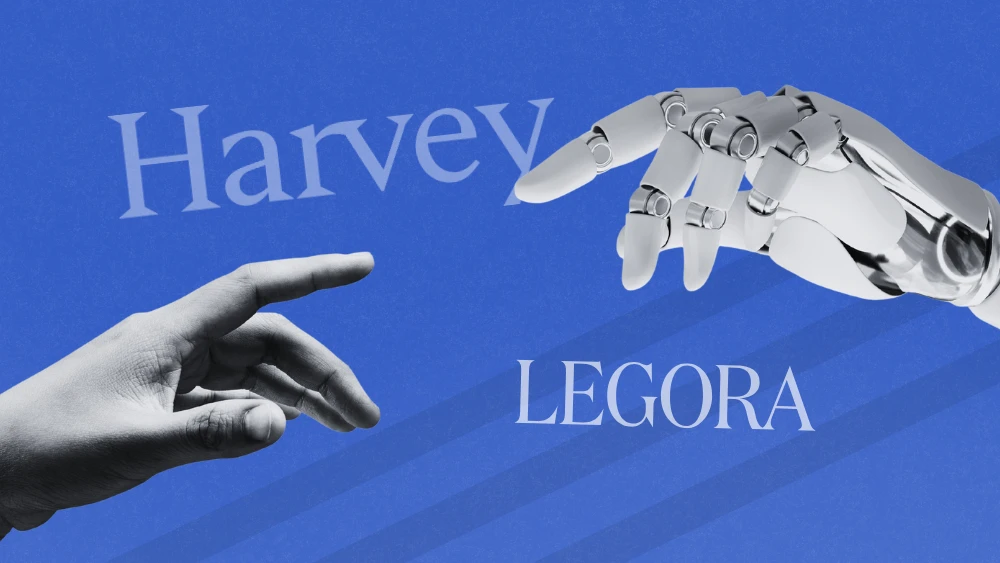
Much of the discussion around legal AI up to now has focused on efficiency: how many hours it saves or how much faster it reviews documents. It’s been a great starting point and all the data points to generative AI being very good at this, but it risks missing where the technology is actually heading.
In a revealing recent interview on the Biography podcast, Harvey co-founder Winston Weinberg set out a future that looks far less like a productivity boost and far more like a total rethink of how legal services are delivered - a direction increasingly echoed by the leading AI providers.
Productising legal know-how
Weinberg talks about legal services becoming "multiplayer" - a future of collaborative systems that allow lawyers and their clients to work alongside AI in a shared environment. In this world, the real value comes from platforms that can productise a firm’s expertise and allow teams to operate in a "context complete" environment.
He gives the example of a law firm specialising in fund formation work. Instead of using AI to simply speed up drafting, the firm builds an AI fund formation platform inside Harvey - a productised version of its knowledge that clients can use. This, he said, "will fundamentally change the industry much more than how lawyers are using AI tools day to day."
We’re already seeing this play out in practice. A&O Shearman - among Harvey’s first major adopters - launched a subscription-based suite of AI agents earlier this year, including tools for antitrust filing analysis and fund formation.
Others are moving in the same direction. Legora’s new collaborative Portal product is aimed at helping firms embed their expertise into white-labelled tools clients can work with, something co-founder Max Junestrand described to us as turning a firm’s know-how into an AI-powered extension of the business.
Harvey’s chief business officer, John Haddock, made much the same point on The Non-Billable Podcast recently saying that the next stage of legal AI is about collaboration, and solving the "context" problem - giving AI access to everything it needs in one place will be central to making that possible.
DeepJudge is another player working on solving the context problem, and one to watch after signing up Freshfields as a customer and raising a $42 million Series A round.
Performance as the new advantage
The most interesting part of Weinberg’s vision is that the biggest gains will come from enabling lawyers to better handle the most complex work. Not NDA review but transactions on the scale of the $69 billion Microsoft-Activision mega-merger which he gives as an example. He wants AI to eventually automate the first 10% of those deals.
"Let’s figure out how to work our way up to building a system that helps lawyers do the Microsoft-Activision merger," he said. "That is the type of work that will be the most defensible in the future."
Speed is what matters. Roughly half of deals, he notes, fall apart because they move too slowly. In transactions of that importance, legal fees are secondary and delay is the real risk. "You could charge more if you can do an M&A in two weeks instead of six," he said, giving the example of a delay to six weeks that could leave room for a rival counter-bid to come in and take the deal away from you.
He gives another example: a Harvey user who could review 50 potential acquisition targets in a year instead of the usual 10, and find the right acquisition as a result. This, he argues, is the type of outcome that is the most valuable to users, not simply whether a lawyer has saved 10 or 15 hours a week.
A shift in how firms compete
If the likes of Harvey and Legora are right, the next phase of legal AI will change how firms compete just as much as how their lawyers complete individual tasks. The differentiating factor becomes the strength of a firm’s systems - its ability to productise its expertise, to work in "context-complete" environments and to deliver complex work at far greater speed.
That is a very different picture from the one much of the industry still associates with AI.
Join 10,000+ City law professionals who start their day with our newsletter.
The essential read for commercially aware lawyers.

